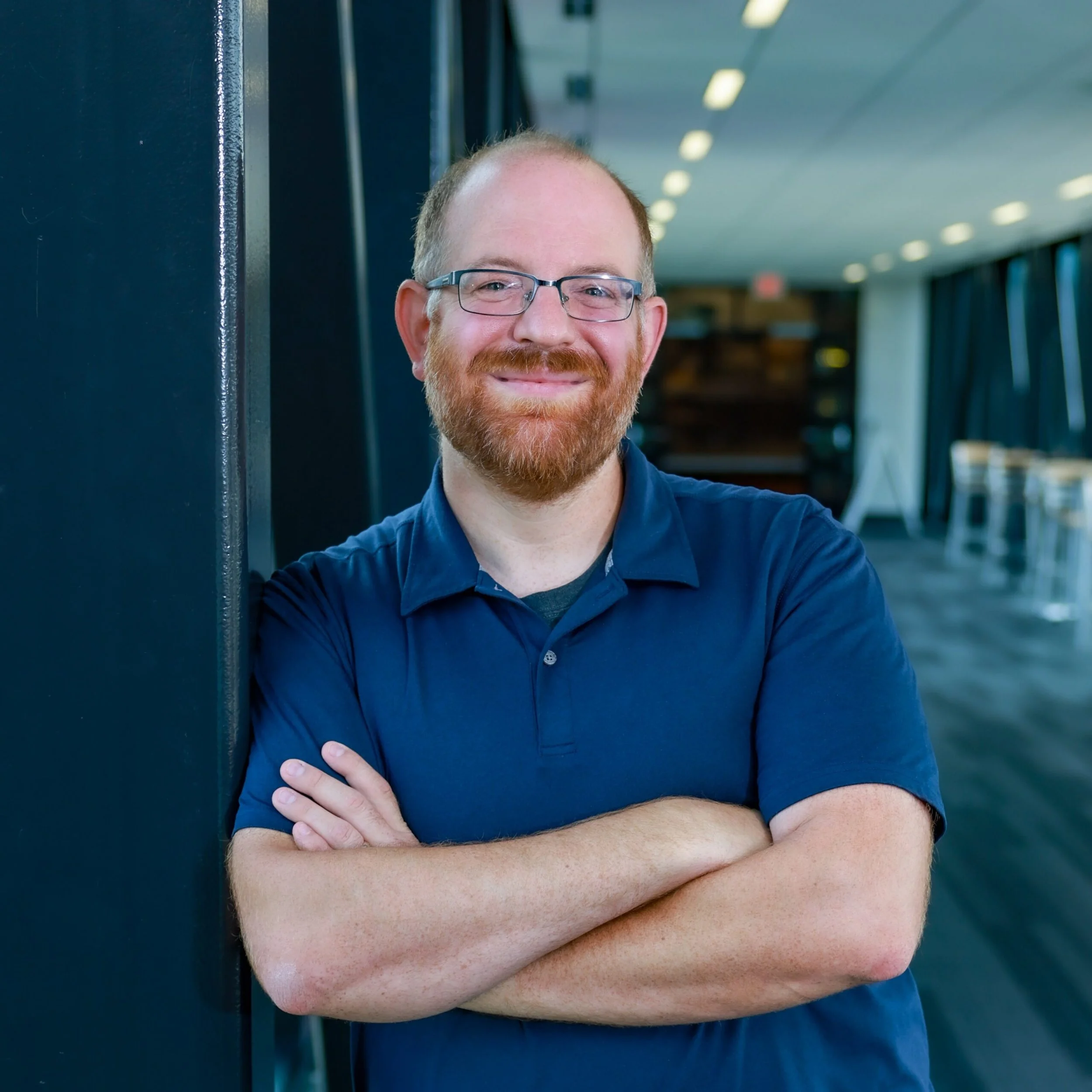Episode 99: Dawn of the Dead with Dr. Kelly Baker and Dr. Thomas Lecaque
It's spooky season around here and that means it's time to visit Dawn of the Dead. Kelly Baker and Thomas Lecaque drop into to talk about the history of zombies in western culture, our favorite zombie kills, and exactly what we'd do in the zombie apocalypse.
Kelly J. Baker received her PhD (2008) in American religious history from Florida State University‘s department of Religion. Her scholarship encompasses a variety of topics including white supremacy and white supremacists, religion and popular culture, religious and racial hatred, apocalypticism, religion and gender, and horror and monsters. She has taught courses on all of these topics at Florida State University, University of New Mexico and University of Tennessee.
She is the author of the award-winning Gospel According to the Klan: The KKK’s Appeal to Protestant America, 1915-1930 (University Press of Kansas, 2011); The Zombies Are Coming!: The Realities of the Zombie Apocalypse in American Culture (Bondfire Books, 2013); Grace Period: A Memoir in Pieces (killing the buddha and Raven Books, 2017); and Sexism Ed: Essays on Gender and Labor in Academia (Raven Books, 2018). She is also an editor of the forthcoming Succeeding Outside of the Academy: Career Paths Beyond the Humanities, Social Sciences, and STEM (University Press of Kansas, Fall 2018).
Dr. Thomas Lecaque is an Associate Professor of History at Grand View University. He has a Ph.D. in Pre-Modern European History from the University of Tennessee, an M.A. in English with a focus on Old English and Anglo-Norman literature from Truman State University, and a B.A. (also from Truman) in History with minors in Philosophy & Religion and English.
His dissertation, "The Count of Saint-Gilles and the Saints of the Apocalype: Occitanian Culture and Piety in the Time of the First Crusade," examined the importance of distinct regional identities in the performance of the First Crusade, focusing specifically on the territories controlled by and formative to Raymond of Saint-Gilles, Count of Toulouse, Duke of Narbonne, and Marquis of Provence. The unique cultural, religious, and political aspects of Occitania shaped the way the Provencal contingent on the First Crusade went about organizing, performing, and understanding crusading; the difference between Occitanian regions also helps us to understand the way Raymond of Saint-Gilles and Raymond d'Aguiliers perceive their actions and the role of the Holy Lance. This work offers a new vision of the First Crusade, one where universal motivations are less important than the specific regional identities of each crusading contingent.
His research has moved on to looking at the same language of religious violence and apocalypticism and its impact on other time periods and events. His current project looks at the rhetoric of holy war across languages and denominations in the wars of empire between England and France and numerous Native polities in the northeastern section of the United States. He also works on expressions of these sentiments in contemporary America, largely via public essays in places like The Washington Post, Foreign Policy, The Bulwark, Religious Dispatches, and the History News Network.

